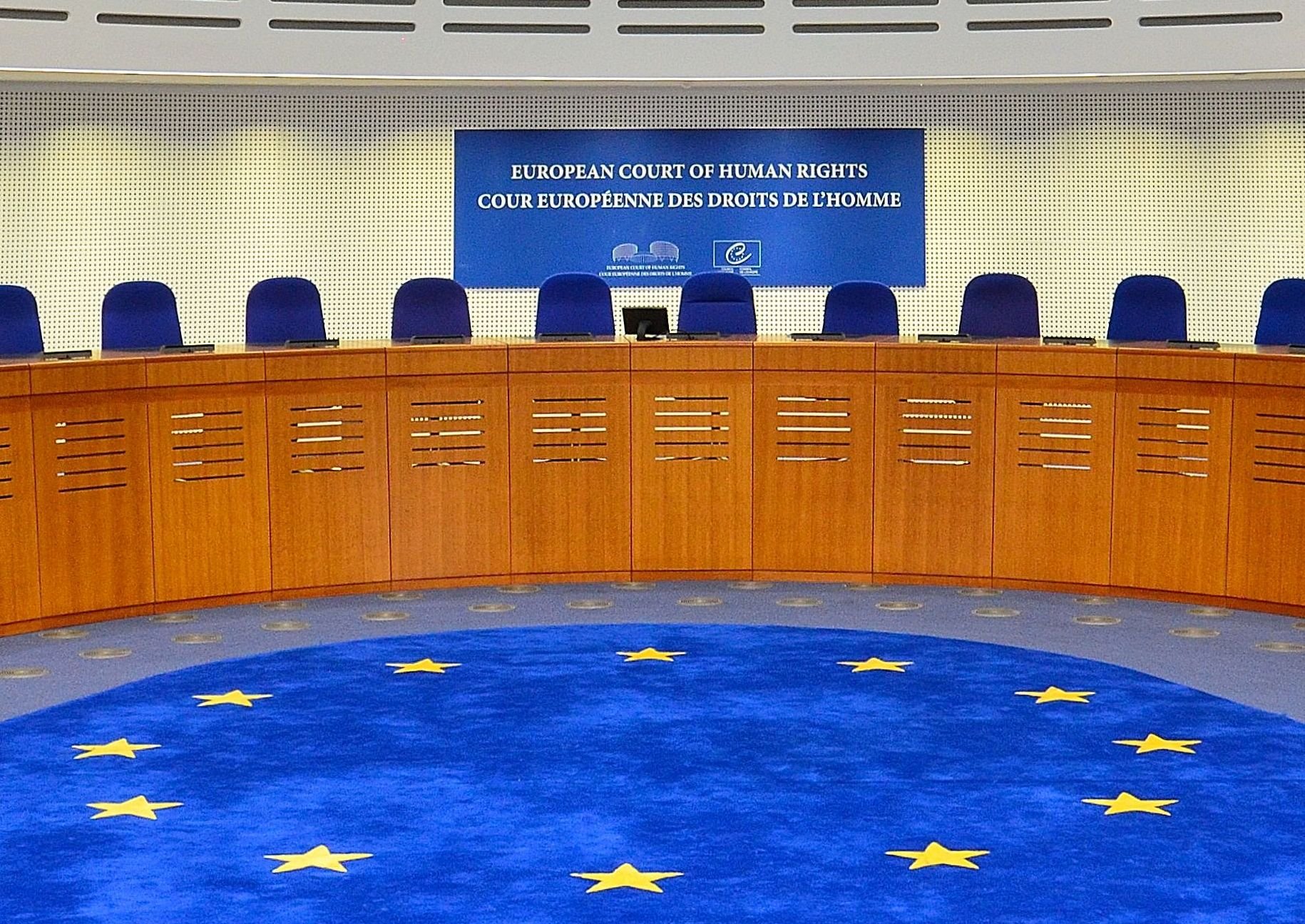A group of human rights experts which includes two former judges of the European Court of Human Rights - an ex-president and an ex-vice president of the court - has issued a damning report on the question of whether human rights violations have taken place in the Spanish-Catalan case. The conclusions are clear: the experts express “concern” about compliance with European and international human rights norms in Spain. In particular, those relating to the freedoms of expression and association.
Although the report is based on the events that occurred before 1st October, the day of the Catalan independence referendum, and does not examine the subsequent period, when the conflict with the Spanish state deepened, with harsh repression - including imprisonments - the report does makes a special mention of the action of police forces on the day of the referendum. According to the experts, the Spanish police may have infringed articles 3 and 8 of the European Convention on Human Rights (ECHR) on that day.
Specifically, Article 3 of this convention says that "nobody shall be subjected to torture or to inhuman or degrading treatment of punishment", while article 8, speaks of the right to private and family life and states that public authorities cannot interfere in the exercise of this right without good reason.
The investigators responsible for the document are Jean-Paul Costa, who was president of the European Court of Human Rights from 2007 to 2011, Françoise Tulkens, vice president of that court from 2011 to 2012, a secretary of the ECHR, Wolfgang Kaleck, and a UK human rights specialist, Jessica Simor. The report was commissioned by ERC (Catalan Republican Left), although the experts assert their impartiality very clearly: "We approach these difficult questions from a position of independence; none of us has any connection with Catalonia or any political position on the issues."
Black mark for the Constitutional Court
In the report, the specialists give Spain's Constitutional Court a black mark and question the “need” for and the “proportionality” of the measures it has adopted in relation to the independence process. Moreover, they consider that there is a basis for questioning if “the measures taken by the Court were based on sufficiently clear and precise laws".
While making it clear that it accepts the Spanish state's right to respond within the Spanish constitution itself, the document reviews all the Constitutional Court resolutions relating to the unofficial Catalan independence consultation on 9th November 2014, and raises doubts as to whether the sentences given relating to this vote were “legitimate, necessary and proportionate” in the context of the freedom of expression and assembly, concerns which it applies both to the members of the Bureau presiding over the Catalan Parliament, as well as to the politicians found guilty of offences relating to the 2014 vote.
Parliament's freedom of expression
In this regard, the report states that the Constitutional Court's resolutions against the parliamentary bureau restricted the freedom of expression and association, guaranteed by articles 10 and 11 of the European Convention on Human Rights (ECHR) and articles 19 and 21 of the International Covenant on Civil and Political Rights (ICCPR). "Such restrictions raise serious issues regarding Spain's compliance with the fundamental rights to freedom of speech and freedom of association", the text says.
The Spanish Government and the Constitutional Court, according to the report, interfered in the right of those elected to represent their voters in Catalonia, and in the right of the voters to have their will freely expressed in the Parliament, describing how on several occasions, due to Court rulings, discussion of the question of independence was prohibited in Parliament, along with voting on motions or resolutions related to it.
Court rulings on the 2014 vote
The report also considers the guilty verdict and sentences given against former Catalan president Artur Mas, former vice president Joana Ortega and former ministers Irene Rigau and Francesc Homs for the 2014 unofficial independence vote. In spite of its prudent approach, the human rights specialists consider that there was “insufficient clarity as to the nature and existence of the relevant offence".
The report also doubts whether Spain is fully complying with the rights to free expression and assembly, that "these positions necessarily implied", due to the role of the accused as representatives. And it questions the propriety of the retrospective nature of criminal charges, which are forbidden under article 7 of the ECHR. “We question whether such sanctions can be legitimate, necessary and proportionate when viewed in the context of the right to freedom of expression and assembly”, says the report.
Thus the report concludes that "numerous issues of serious concern arise as regards Spain’s compliance with provisions of European and International human rights law" and it recalls "respect for fundamental rights is an essential part of the empire of the law in a democratic society".

